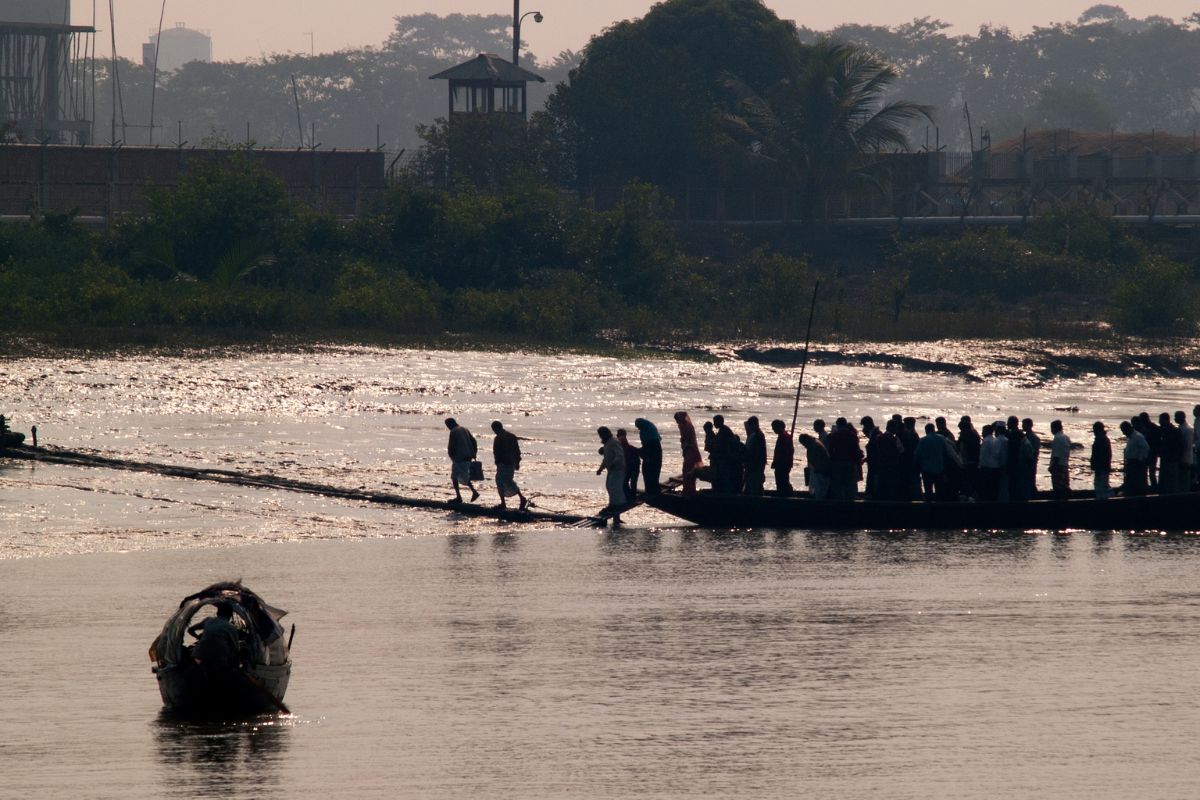UP govt to conduct grand roadshows in India and abroad for Maha Kumbh
Apart from this, approval has been granted for the purchase of 220 vehicles for the event.
Thursday’s bilateral deal on rivers in general almost inevitably skirted Teesta ~ the direly controversial waterway that meanders through North Bengal.

representational image (iStock)
Eleven years ago, when the initiative to conclude an agreement on sharing the waters of the Teesta with Bangladesh had come a cropper, it was rather presumptuous to expect an accord at last Thursday’s meeting of the Joint River Commission in Delhi though all issues relating to common rivers had figured in the talks. It was hardly a success to claim breakthroughs on two fronts ~ an agreement for the interim sharing of Kushiyara, which flows into Bangladesh from Assam, and another on the design and location of the water intake point from the Feni river to meet the water requirements of landlocked Tripura. There was no mention of Teesta and this is suggestive of the fact that there has been no change in the stance of Mamata Banerjee since September 2011 when she decided to skip the the bilateral meeting which was presided over by the then Prime Minister, Dr Manmohan Singh.
According to the External Affairs Ministry on Friday, the “Bangladesh side requested the conclusion of the long-pending Teesta Water-sharing Treaty at an early date.” Both countries seem riveted to the Teesta though India and Bangladesh share as many as 54 rivers. Rightly has the West Bengal government maintained that the Teesta doesn’t have enough water to meet the irrigation needs on either side of the border. The inadequate flow is bound to affect irrigation in North Bengal, where the ruling Trinamul Congress is seeking to make its presence felt. The greater imperative is to ensure that the river doesn’t dry up, and both countries have a role to play on this score. The fact of the matter must be that the two countries, though rent asunder by historical circumstances, have a geopolitical duty to protect the river.
This must be of uppermost import during Begum Hasina’s visit to India from September 5 to 7. Given the stout reservations of the West Bengal’s Chief Minister, any agreement on Teesta is hugely improbable. India and Bangladesh share 54 rivers, of which seven have been identified for developing the framework of water-sharing agreements. At Thursday’s meeting, both countries agreed to expand this sphere of cooperation by including eight more rivers for the exchange of data. The foreign policies of both countries are on test a decade after Dhaka’s stand on the issue had hit the reefs.
Advertisement
Thursday’s bilateral deal on rivers in general almost inevitably skirted Teesta ~ the direly controversial waterway that meanders through North Bengal. Teesta needs to be protected by both India and Bangladesh, and this is no less critical than the sharing of its water. Miss Banerjee has a point to buttress; so too arguably does Begum Hasina. It would be profoundly unfortunate if bilateral relations are soured by riverine politics.
A version of this story appears in the print edition of the September 1, 2022, issue.
Advertisement